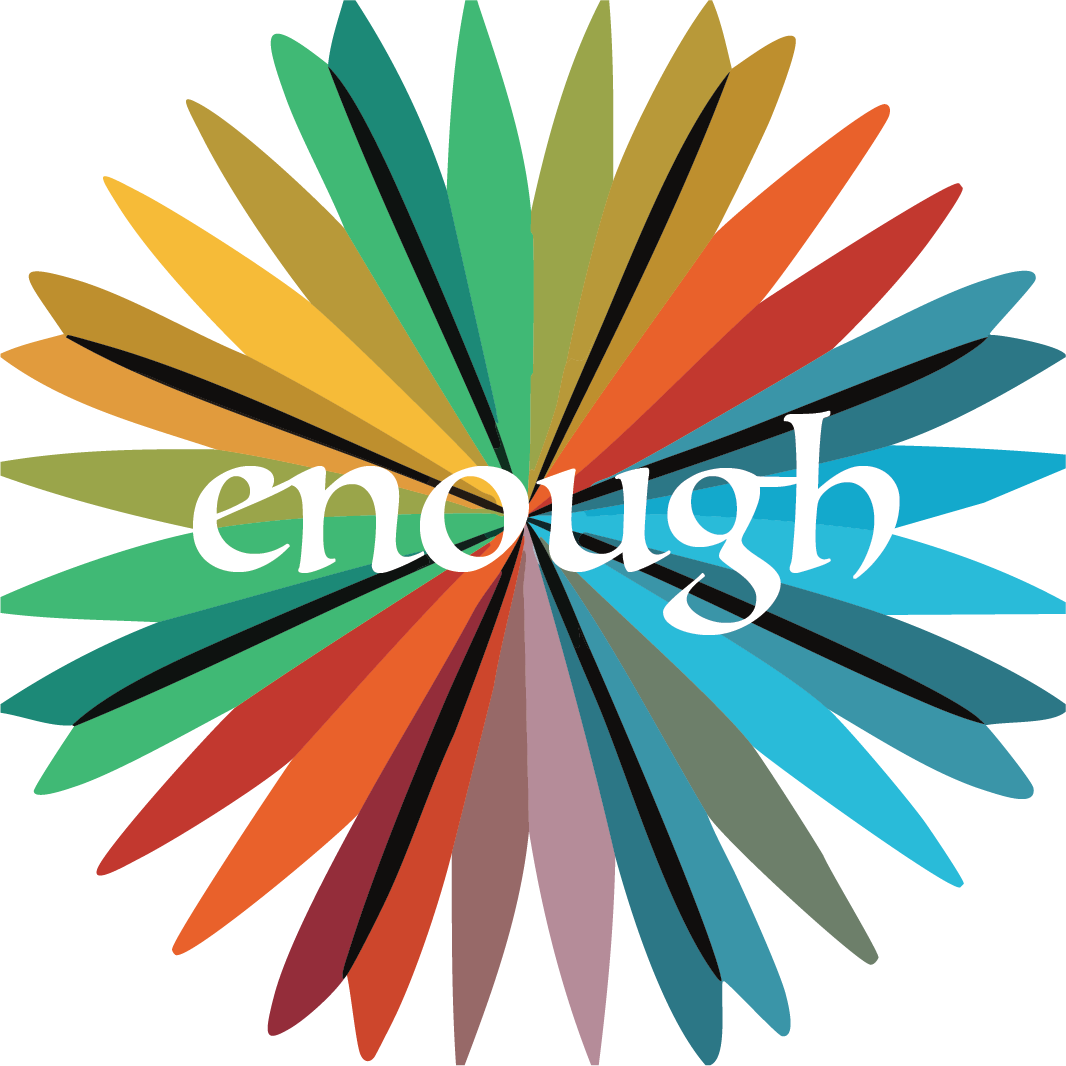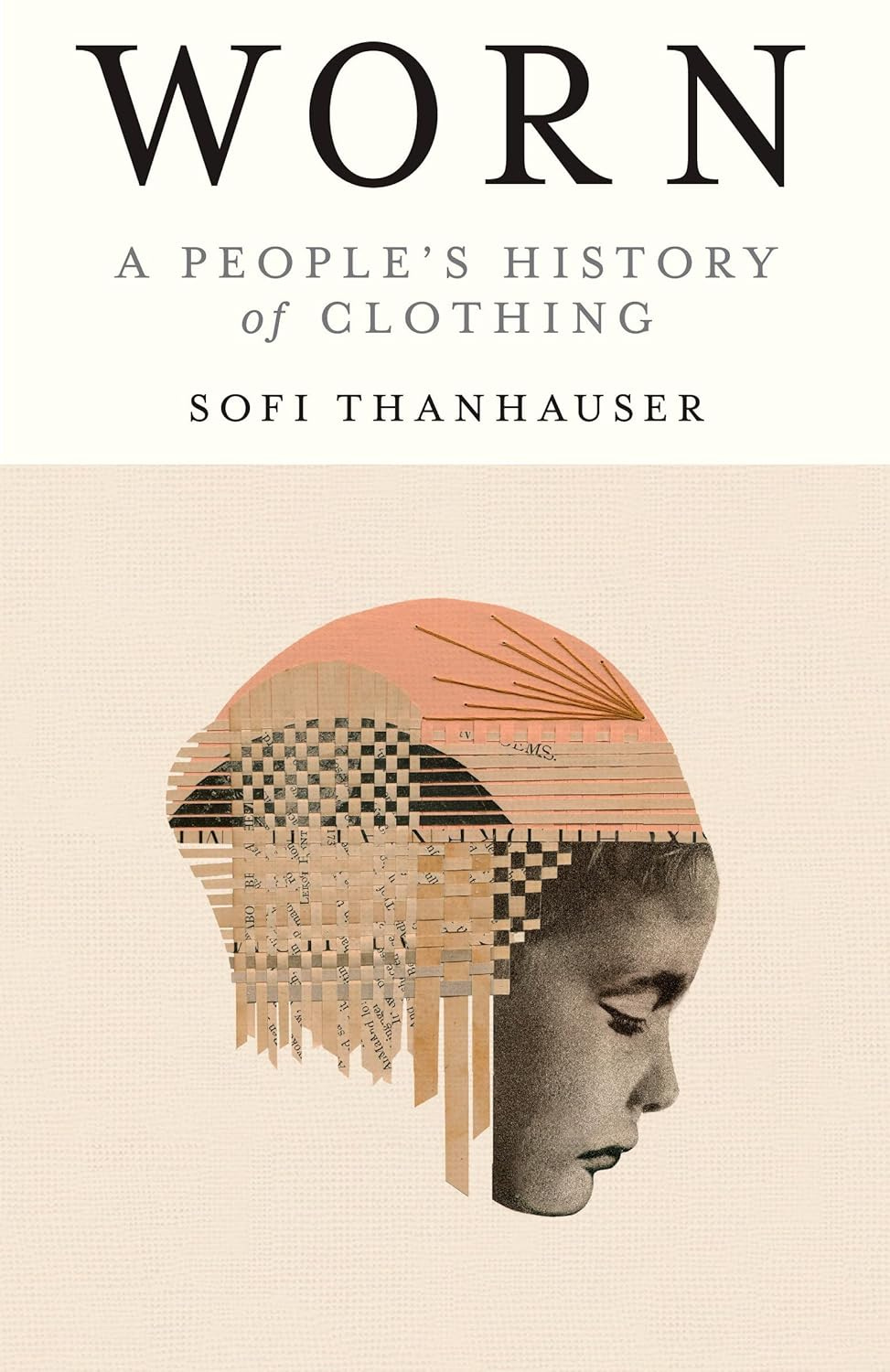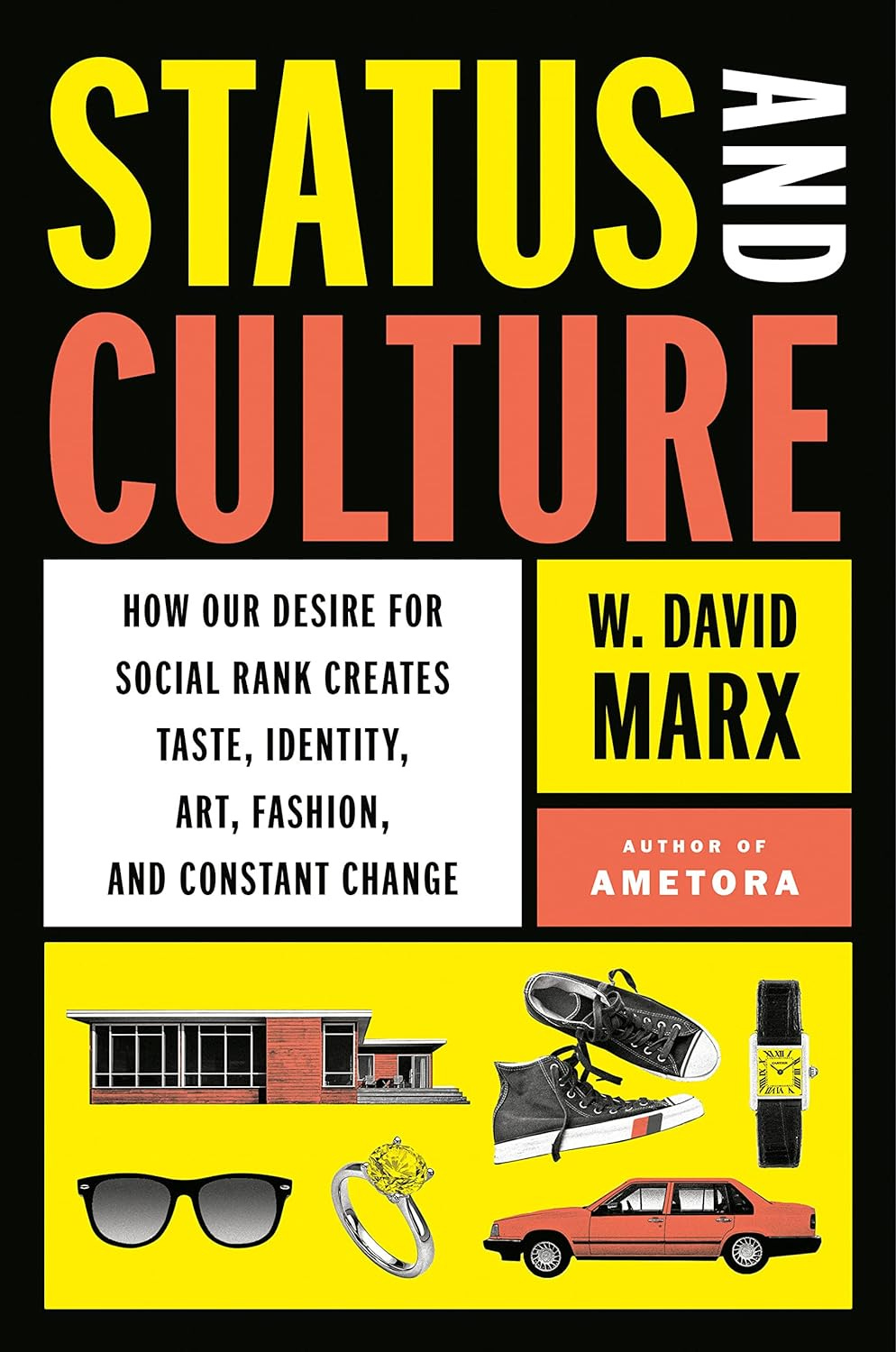Hello from the limbo week between Christmas and New Year’s Day. I hope all your gifts were well received, that you’ve still got some cookies stashed away, and that you’ve given yourself permission to take it easy for a few days.
I’m not a fan of New Year’s resolutions. After years of making resolutions which were abandoned within weeks (if not days), I resolved to stop setting myself up to fail. Instead, I like the idea of adopting a word or phrase to serve as a theme for the year. For 2024, my word is (drumroll, please)
Enough (i-nuf’) adj. Adequate for demand or need; sufficient. n. An ample supply. adv. So as to be sufficient.
I love that this is a word that just looks weird. Enough is one of those words that make you wonder if you’ve spelled it wrong. It’s that Old English “ough”.
Perhaps my attraction to this word is a reaction to the deluge of advertisements we all endure during the holiday season. I can’t pick up my phone, check my email, watch a movie, or drive down the street without some company telling me my life would be perfect if I would just buy this thing.
To all of that, I say Enough! I have enough. I am enough.
I’ve recently read two books that support the 2024 theme of Enough.
The first is Worn: A People’s History of Clothing by Sofi Thanhauser.
Worn is an exhaustively reported survey of textiles and clothing organized into five sections: Linen, Cotton, Silk, Synthetics, and Wool. Thanhauser documents the impact of textile and clothing production on our world, from the environmental impact of our seemingly insatiable appetite for cotton, to the Cold War political maneuvering that jump-started Southeast Asian textile production and decimated the US clothing industry, to the scientific innovations that enabled the fast-fashion revolution.
The book is written from a distinctly feminist and environmentalist perspective, sometimes at the expense of balanced reporting. But even if you don’t agree with the author’s politics, the information presented in Worn will likely make you pause before you click “add to cart” on yet another cute top.
Complement the deep dive of Worn with Status and Culture: How Our Desire for Social Rank Creates Taste, Identity, Art, Fashion, and Constant Change by W. David Marx.
This book begins with a simple assertion: There has never been a group of humans without a status hierarchy. The desire to define and improve our position within those hierarchies determines what we want, what we value, how we behave, and how we chose to look.
Marx weaves together history, sociology, philosophy, economics, neuroscience, and media studies into an engaging exploration of how our cultural ecosystem is constructed and how it evolves over time. He explains markers of status and how structural inequality works to reinforce the hierarchy. With examples ranging from sneaker culture to abstract art and from the conspicuous consumption of hip hop stars to the music of John Cage, Status and Culture brings new understanding to every purchasing decision and lifestyle choice.
My adoption of enough as my theme word does not mean I’m declaring 2024 a “buy nothing” year. Rather, I will buy less and buy better.
The truth is, I already own everything I actually need. I’ve been mistress of my own household for many years, so I have no need of furniture or kitchenware or linens or décor. I own more than enough clothing. I own the tools and equipment to enable all the activities in which I regularly engage. I have books and yarn to last a good long time. Other than food and similar consumables, I need nothing.
But the ascetic discipline of self-deprivation is not for me. If my T-shirts begin to show their age, I’ll replace them with well-made tees in organic cotton or a cotton/Tencel blend. If I come across beautiful natural-fiber yarn at a clearance price, you can bet I’ll buy enough for a sweater. And all bets are off when it comes to books. I’m happy to support writers with my dollars. But I want to reduce the size of my “to-be-read” pile, so I will be buy new books at a slower pace.
I do want to limit my exposure to consumerist messaging. In the words of marketing guru Seth Godin, “Where we choose to direct our gaze determines not only what we learn or believe, but how we choose to see the world.” I will direct my gaze toward the abundance that already surrounds me. I’m planning to spend some time between now and New Year’s Eve unsubscribing from a bunch of retailer’s email lists. At this point in my life, I know where to buy just about anything I need. I don’t need daily reminders. I don’t need to be prompted to shop. I have enough. I am enough.
Some things that caught my eye
Even if the therapeutic benefits of knitting are old news to you, this video from the New York Times is nine minutes of heartwarming delight.
For 2½ hours of spectacular storytelling, I highly recommend the audiobook version of Eastbound by Maylis De Kerangal, translated from French to English by Jessica Moore and read by Jennifer Pickens. In this tale of a journey to Vladivostok on the Trans-Siberian railroad, we meet a reluctant Russian conscript and a French woman. This book is a perfect little gem. The pacing and cadence of the narration brilliantly convey the inexorable movement of the train. You’ll want to set aside time to listen to this in one sitting.
Thank you for choosing to direct your gaze my way. I don’t take that for granted. Wishing you peace, abundance, and contentment in the New Year.
If you were to choose a theme for your 2024, what would it be? I’d love to hear about it in the comments.








My focus word for 2024 and beyond (I am an optimist) is GRATITUDE. For the sudden changes that 2023 brought me against my prepared plans; for the freedom from past obligations and encumbrances; most of all, for my family that lovingly facilitated the start of a new way of life.
Thank you for your comments on the book Worn. I thought it a fantastic read and so enlightening. As a textiles major in the 70's I was appalled at what happened to the industry in the 80's and how little I knew of the industry. Her perspectives were excellent.
Thank you... remembering the word Enough is almost never Enough. We can almost never have enough kindness in the world .... :-)